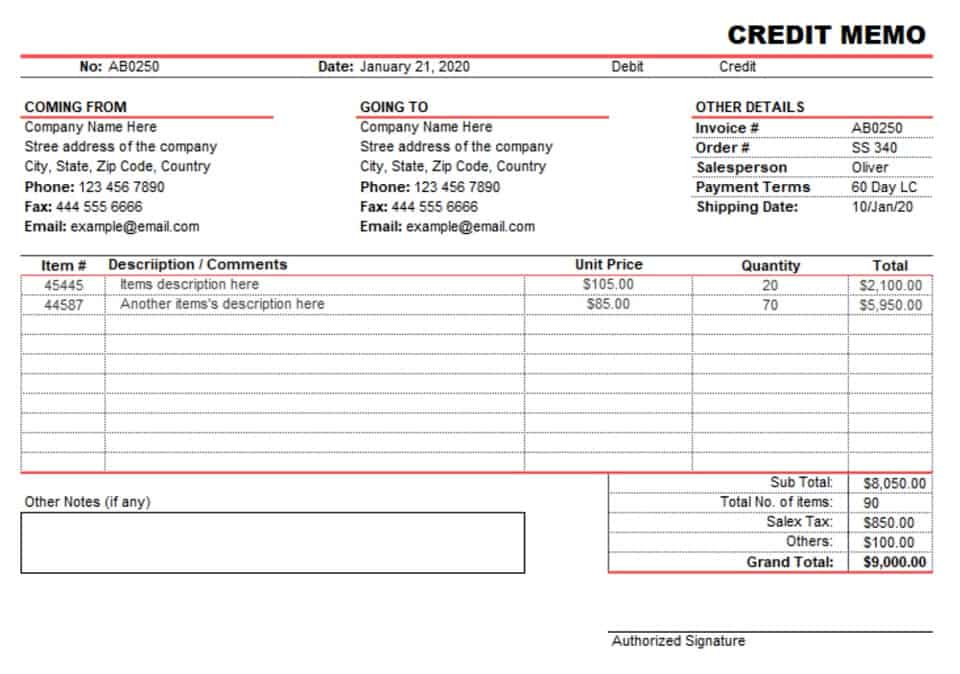
Salaries for experienced accountants often surpass $60,000 annually, and benefits add further expenses. Additionally, training staff to understand the company’s accounting specific accounting practices and software involves both time and financial investment. The learning curve might initially slow down operations, affecting productivity. Regardless of who you choose, make sure you’re picking an accounting professional you can trust.
Managing Accounts Receivable and Accounts Payable
- The first step is deciding what essential accounting tasks need to get done.
- Whether you expand or streamline your processes, there’s almost no business that remains stagnant over years of business.
- In-house accountants and bookkeepers cost more, but this may not be true if you need a large team.
- This direct access allows for quick resolution of any financial questions or concerns, minimizing delays in decision-making.
- It’s always cheaper to do it yourself than pay someone else, right?
- IQ BackOffice reengineers financial processes to take advantage of best practices and leverage state-of-the-art automation.
Ultimately, in-house and outsourced accounting should align with Partnership Accounting your business’s goals and operational needs. In-house accounting can provide control, but it also has significant challenges impacting your business’s financial health. Scaling your in-house accounting team can be challenging and costly when your business grows. You may find it hard to adjust your team size to meet changing demands quickly. In-house accounting provides numerous advantages for businesses looking to maintain control and accuracy over their financial operations.

Common SME Accounting Challenges: How Intime is Helping Businesses Thrive

And if you plan on keeping them around, you’ll also have to think about yearly pay raises. On the other hand, if you hire an accounting firm, you’ll just be paying for the services you need, when you need them. If you own a business, one of the advantages of having an internal accountant is that they will have a professional to turn to when there are questions about statements or reports. While many accounting firms that work externally are trustworthy, when you have an internal employee you can keep a better eye on activities and keep the files organized. Certain accounting professionals are trained to perform certain accounting functions. Each industry is going to require its own criterion of experience.
- You get access to our consistent team of experts — priced by the hour, so you only pay for what you need.
- First of all, if you hire someone to your own staff, you’ll have to consider benefits, bonuses, and just general salary.
- Comparing in-house accounting to outsourcing reveals distinct differences in financial implications and operational dynamics.
- Weighing these factors carefully will help you decide the best approach for your financial management strategy.
- Strong accounting teams have a CEO to understand and approve all functions.
- Remember, accounting is not just about keeping track of money; it’s about helping your business grow and succeed in the long run.
Why Accounts Payable Automation Doesn’t Pay
- As organizations scale up in size and difficulty, the financial management landscape transforms.
- Consider your business’s specific requirements and weigh the pros and cons of each option to make an informed decision.
- You can directly supervise the work, ensuring it aligns with your company’s needs and standards.
- Having an accountant on staff means there’s always someone who gets the ins and outs of your business.
- In the past, the only option for organizations was to hire an internal accountant.
Moreover, securing financial data against cyber threats necessitates advanced cybersecurity measures, increasing the overall technology management burden. By eliminating outsourcing fees, companies reduce overall expenses. Additionally, having a dedicated internal team minimizes costly errors and inefficiencies. For instance, in-house accountants understand In-House Accounting vs Outsourcing the unique financial intricacies of the company, which reduces error rates and increases productivity.
Understanding Outsourced vs. In-House Accounting
For many companies, this flat fee pay scale is much more cost effective. Accounting is a major part of business operations, but many companies must decide if they will go with in-house accounting or with outsourced accounting services. If you own a business or you are interested in pursuing a position within the field of accounting, learning the difference between in-house and outsourced functions is important. With this knowledge, you can decide which type of operation is most cost effective or if you would like to pursue internal or external accounting roles. Read on, and find out more about the role of the in-house accountant and the pros and cons of employing accountants internally.

